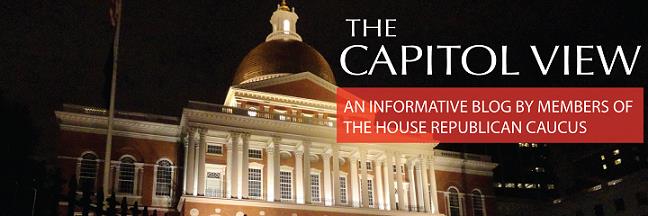When Massachusetts passed its landmark Health Care Reform Act in 2006, the immediate short-term goal was to provide insurance to residents who lacked coverage. The more challenging problem, which remains elusive, is how to hold down health care costs.
Over the past decade, the Legislature has continued to grapple with this question. But moving to a single-payer health care system is not the answer.
For starters, the price tag associated with transitioning to a single-payer model would be prohibitively expensive, as Vermont officials recently discovered.
In 2011, Vermont legislators voted to establish single-payer health care by 2017. But Vermont abandoned those plans when it was determined it would cost $2.9 billion annually and would require an 11.5 percent state payroll tax on businesses. This would have been devastating for the economy and would likely have driven many employers – and jobs – out of the state.
Fifteen years ago, the Beacon Hill Institute warned that adopting a single-payer system in Massachusetts would cost the Commonwealth $14.393 billion, along with 917,000 lost jobs, and would require increasing the income tax to 13.76 percent. If a similar study were conducted today, the costs would surely be even higher.
Those who advocate for a government-run health insurance system should be careful what they wish for: government does not always deliver services as efficiently and cost-effectively as the private sector, as the ongoing problems at the Health Care Connector have proven.
To hold down costs, a single-payer system requires government-imposed price controls and scaled-back services. Consumers would have fewer choices under this “one size fits all” approach, and would not be able to shop around for an insurer that best fits their individual health care needs.
Under a single-payer system, health care providers would receive substantially lower payments, creating a disincentive for investing in new technology, stifling innovation and potentially driving people away from the profession. Patients would find themselves waiting much longer for a doctor’s appointment, and would experience significant delays in receiving treatment.
There are many options worth pursuing to reduce the costs of health care, but switching to a single-payer system is not one of them.


